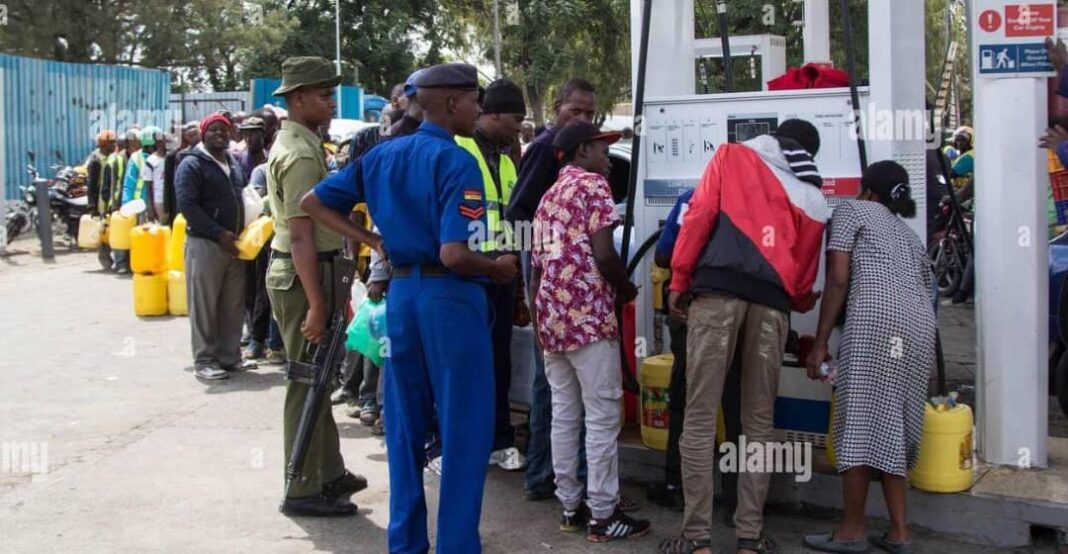The Nigeria Customs Service (NCS) has reaffirmed its stance on keeping petrol stations in border communities closed, despite mounting pressure from independent marketers suffering revenue losses.
For nearly four years, over 400 filling stations near Nigeria’s borders have remained shut due to a government directive aimed at curbing petrol smuggling into neighboring countries. On Monday, the NCS spokesperson, Abdullahi Maiwada, confirmed that these stations would remain closed indefinitely as part of the ongoing crackdown under Operation Whirlwind.


Niger Republic Faces Severe Fuel Shortage
The fuel crisis in Niger Republic has worsened, with petrol prices soaring to N8,000 per litre, raising concerns about increased smuggling. Niger’s fuel supply previously relied on illegally imported Nigerian petrol, which accounted for up to 50% of its market. However, Nigeria’s fuel subsidy removal and tightened border security have disrupted this flow, leaving Niger struggling to meet demand.
Customs Intensifies Crackdown on Smugglers
Maiwada emphasized that the NCS is actively seizing smuggled fuel and prosecuting kingpins. He cited enforcement efforts in states such as Adamawa, Taraba, Kebbi, and Seme, vowing that illicit fuel exports will not be tolerated.
“We are everywhere seizing smuggled fuel. If there’s any successful operation, it’s Operation Whirlwind. We won’t allow fuel to leave Nigeria illegally,” he stated.


Marketers Demand Reopening of Border Stations
Independent marketers have continued to protest the prolonged shutdown of filling stations in border communities. Chinedu Ukadike, National Publicity Secretary of the Independent Petroleum Marketers Association of Nigeria (IPMAN), criticized the policy, highlighting that many station owners have been out of business since 2019 when former President Muhammadu Buhari banned petrol sales within 20km of the border.
Ukadike argued that Customs is not legally empowered to seal petrol stations, urging the government to lift the ban while focusing on intercepting smugglers at the border itself.

Nigeria Supplies 300 Fuel Trucks to Niger Republic
Despite strained diplomatic relations, the Nigerian government approved the supply of 300 fuel trucks to Niger to ease the crisis. Maazou Oumani Aboubacar, the Commercial Director of Niger’s state-owned oil company Sonidep, confirmed that Niger was heavily reliant on illegally imported Nigerian petrol, particularly in border regions.
As fuel scarcity deepens in Niger, the border closures and enforcement measures by Nigerian authorities continue to disrupt the black market supply chain, reshaping fuel dynamics in the region.




